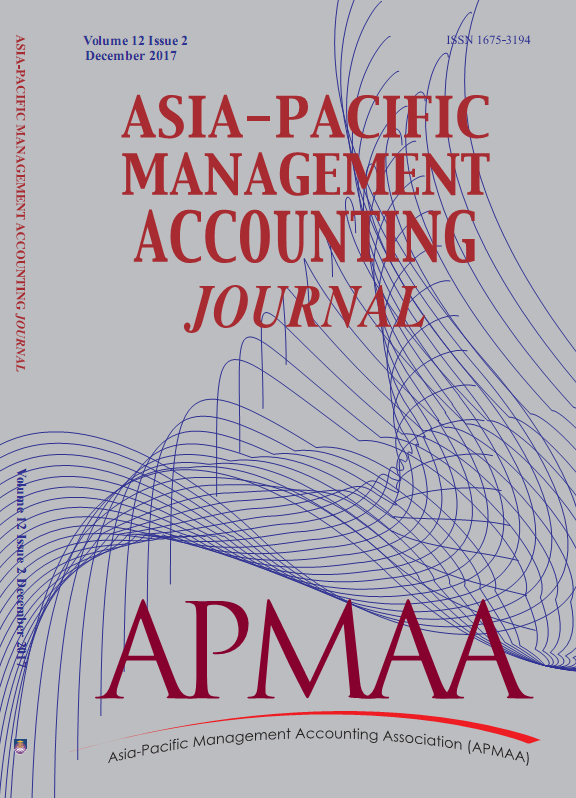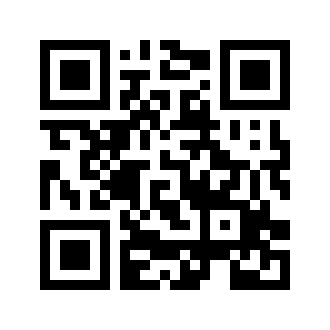Volume 15 Issue 1, April 2020
ARTICLE INFO
Article History:
Received: 28 November 2019
Accepted: 31 March 2020
Published: 30 April 2020
ASIA-PACIFIC MANAGEMENT ACCOUNTING JOURNAL, VOLUME 15 ISSUE 1
CORRUPTION PREVENTION BASED ON E-GOVERNMENT WITH ISLAMIC RELIGIOSITY AS A MODERATING VARIABLE
Chrisna Suhendi1, Abdul Rohman2 and Agus Purwanto3
1Faculty of Economics, Sultan Agung Islamic University-Semarang 50012,
Ph.D Student of Diponegoro University-Semarang, Indonesia
E-mail: This email address is being protected from spambots. You need JavaScript enabled to view it.
2Professor and Lecturer of Economics and Business Faculty,
Diponegoro University, Semarang 2011, Indonesia
E-mail: This email address is being protected from spambots. You need JavaScript enabled to view it.
3Lecturer of Economics and Business Faculty, Diponegoro University,
Semarang 2011, Indonesia
E-mail: This email address is being protected from spambots. You need JavaScript enabled to view it.
ABSTRACT
The growing phenomenon of corruption in Indonesia was used as a basis of this research. This study aimed to examine the effect of e-government on corruption and the role of Islamic religiosity in moderating the relationship between e-government and corruption. The research data was obtained through a survey of 133 of 869 Budget Users (PA) at the Local Government Work Unit (Organisasi Perangkat Daerah, OPD) in Central Java Province. Data analysis in this research used the SPSS 16 software aid with the Moderated Regression Analysis (MRA) Test, ie pure moderated test. This research formulated 2 hypothesis. The test results showed that e-government has no direct negative effects in reducing corruption, but Islamic religiosity plays a role in moderating the relationship between e-government and corruption in order to reduce corruption.
Keywords: e-government, islamic religiosity, corruption
Keywords: e-government, islamic religiosity, corruption


